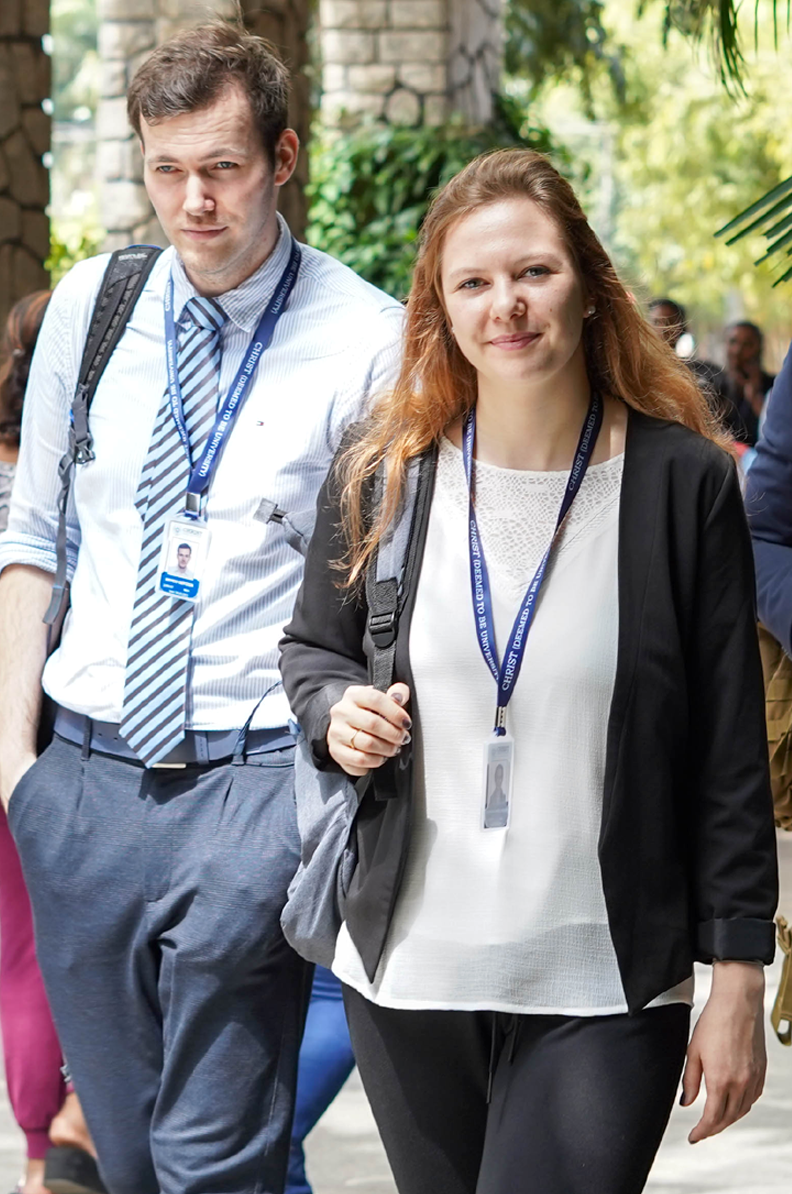P01 Foundation Knowledge: Apply knowledge of mathematics, programming logic, and coding fundamentals for solution architecture and problem-solving.
P02 Problem Analysis: Identify, review, formulate, and analyse problems primarily focussing on customer requirements using critical thinking frameworks.
P03 Development of Solutions: Design, develop and investigate problems with as an innovative approach for solutions incorporating ESG/SDG goals.
PO4 Modern Tool Usage: Select, adapt, and apply modern computational tools such as the development of algorithms with an understanding of the limitations including human biases.
P05 Individual and Teamwork: Function and communicate effectively as an individual or a team leader in diverse and multidisciplinary groups. Use methodologies such as agile.
P06 Project Management and Finance: Use the principles of project management such as scheduling, and work breakdown structure and be conversant with the principles of Finance for profitable project management.
P07 Ethics: Commit to professional ethics in managing software projects with financial aspects. Learn to use new technologies for cyber security and insulate customers from malware
P08 Life-long learning: Change management skills and the ability to learn, keep up with contemporary technologies and ways of working.











